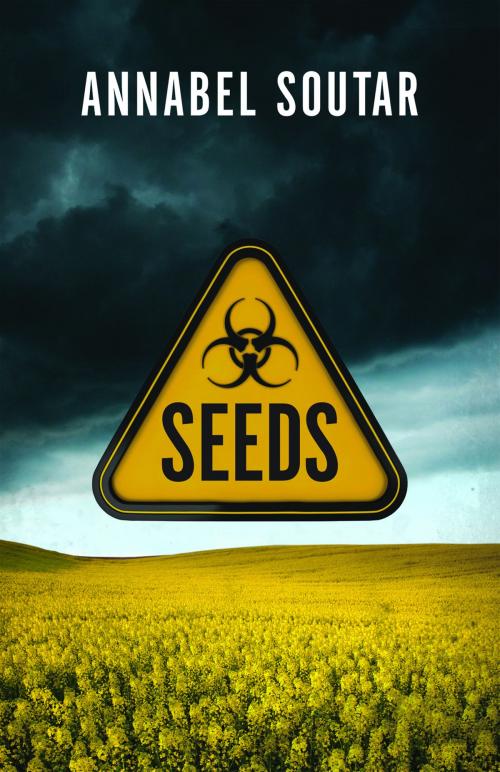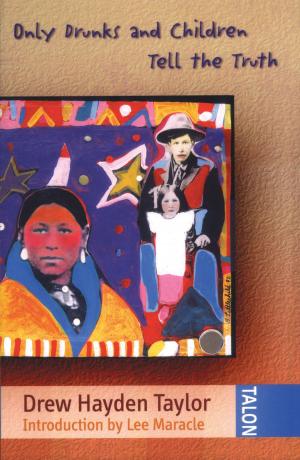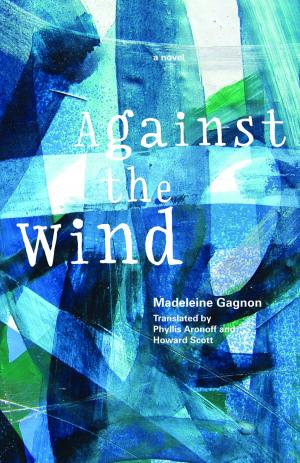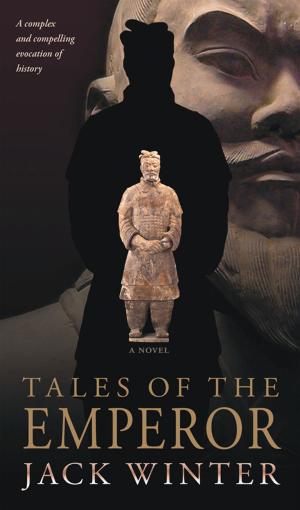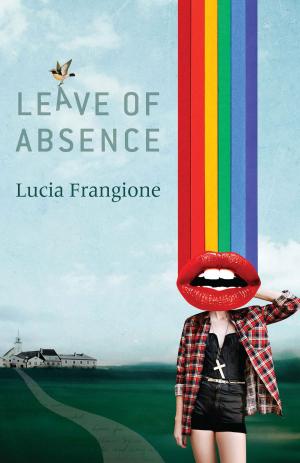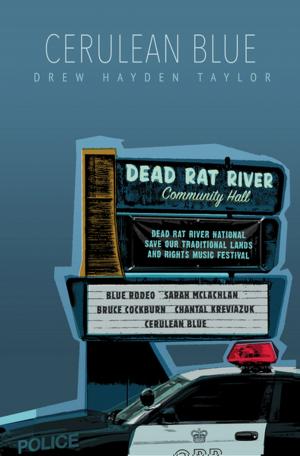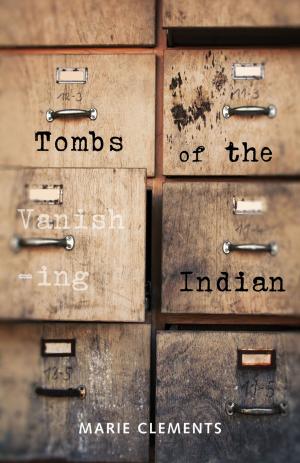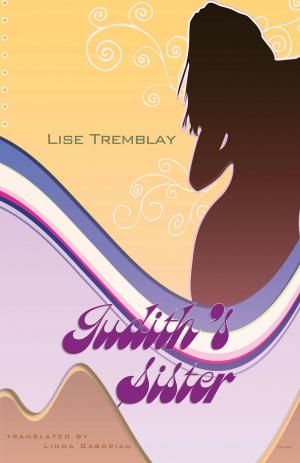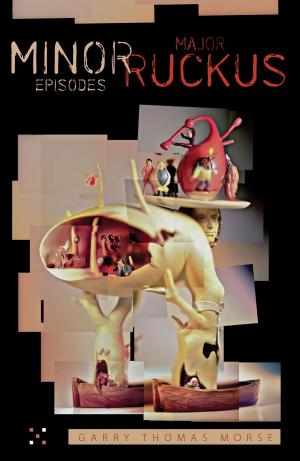Seeds
Nonfiction, Reference & Language, Law, Fiction & Literature, Drama, Social & Cultural Studies, Social Science| Author: | Annabel Soutar | ISBN: | 9780889227255 |
| Publisher: | Talonbooks | Publication: | January 4, 2013 |
| Imprint: | Talonbooks | Language: | English |
| Author: | Annabel Soutar |
| ISBN: | 9780889227255 |
| Publisher: | Talonbooks |
| Publication: | January 4, 2013 |
| Imprint: | Talonbooks |
| Language: | English |
Part courtroom drama and part social satire, Seeds presents an intelligent portrait of farming and scientific communities in conflict and at the same time penetrates the complex science of genetically modified crops. The play documents the 2004 Supreme Court of Canada showdown between Saskatchewan farmer Percy Schmeiser and biotech multinational Monsanto Inc., a David-and-Goliath struggle that cast Schmeiser as the small-farmer underdog fighting the unscrupulous major corporation. Monsanto accused him of growing their genetically patented Round-up Ready canola seeds on his property without paying the licensing fee they require. Through a suspenseful labyrinth of legal conflicts regarding patent rights, scientific showdowns about GM food and property clashes between farmers and the biotechnology industry, Seeds asks the essential question: Can you patent a living thing?” Or as Schmeiser famously asked, Who owns life?”
A most interesting aspect of the play is the ambiguity around the hero Percy Schmeiser. Is he a victim or an opportunist and self-publicist? Certainly, he’s no innocent; as he keeps telling us, he’s an experienced politician, in fact an ex-mayor. He’s a believer who knows how to frame his beliefs to advantage. He can be grand and he can be petty and as such he is antihero as much as hero.
Named the top play of the decade by Rover Arts in its review of English theatre in Montreal between 2000 and 2010, Seeds takes us back to the seminal moment when a single farmer stood up to international agribusiness and almost won.
Cast of 4 women and 3 men.
A most interesting aspect of the play is the ambiguity around the hero Percy Schmeiser. Is he a victim or an opportunist and self-publicist? Certainly, he’s no innocent; as he keeps telling us, he’s an experienced politician, in fact an ex-mayor. He’s a believer who knows how to frame his beliefs to advantage. He can be grand and he can be petty and as such he is antihero as much as hero.
Named the top play of the decade by Rover Arts in its review of English theatre in Montreal between 2000 and 2010, Seeds takes us back to the seminal moment when a single farmer stood up to international agribusiness and almost won.
Cast of 4 women and 3 men.
Part courtroom drama and part social satire, Seeds presents an intelligent portrait of farming and scientific communities in conflict and at the same time penetrates the complex science of genetically modified crops. The play documents the 2004 Supreme Court of Canada showdown between Saskatchewan farmer Percy Schmeiser and biotech multinational Monsanto Inc., a David-and-Goliath struggle that cast Schmeiser as the small-farmer underdog fighting the unscrupulous major corporation. Monsanto accused him of growing their genetically patented Round-up Ready canola seeds on his property without paying the licensing fee they require. Through a suspenseful labyrinth of legal conflicts regarding patent rights, scientific showdowns about GM food and property clashes between farmers and the biotechnology industry, Seeds asks the essential question: Can you patent a living thing?” Or as Schmeiser famously asked, Who owns life?”
A most interesting aspect of the play is the ambiguity around the hero Percy Schmeiser. Is he a victim or an opportunist and self-publicist? Certainly, he’s no innocent; as he keeps telling us, he’s an experienced politician, in fact an ex-mayor. He’s a believer who knows how to frame his beliefs to advantage. He can be grand and he can be petty and as such he is antihero as much as hero.
Named the top play of the decade by Rover Arts in its review of English theatre in Montreal between 2000 and 2010, Seeds takes us back to the seminal moment when a single farmer stood up to international agribusiness and almost won.
Cast of 4 women and 3 men.
A most interesting aspect of the play is the ambiguity around the hero Percy Schmeiser. Is he a victim or an opportunist and self-publicist? Certainly, he’s no innocent; as he keeps telling us, he’s an experienced politician, in fact an ex-mayor. He’s a believer who knows how to frame his beliefs to advantage. He can be grand and he can be petty and as such he is antihero as much as hero.
Named the top play of the decade by Rover Arts in its review of English theatre in Montreal between 2000 and 2010, Seeds takes us back to the seminal moment when a single farmer stood up to international agribusiness and almost won.
Cast of 4 women and 3 men.
